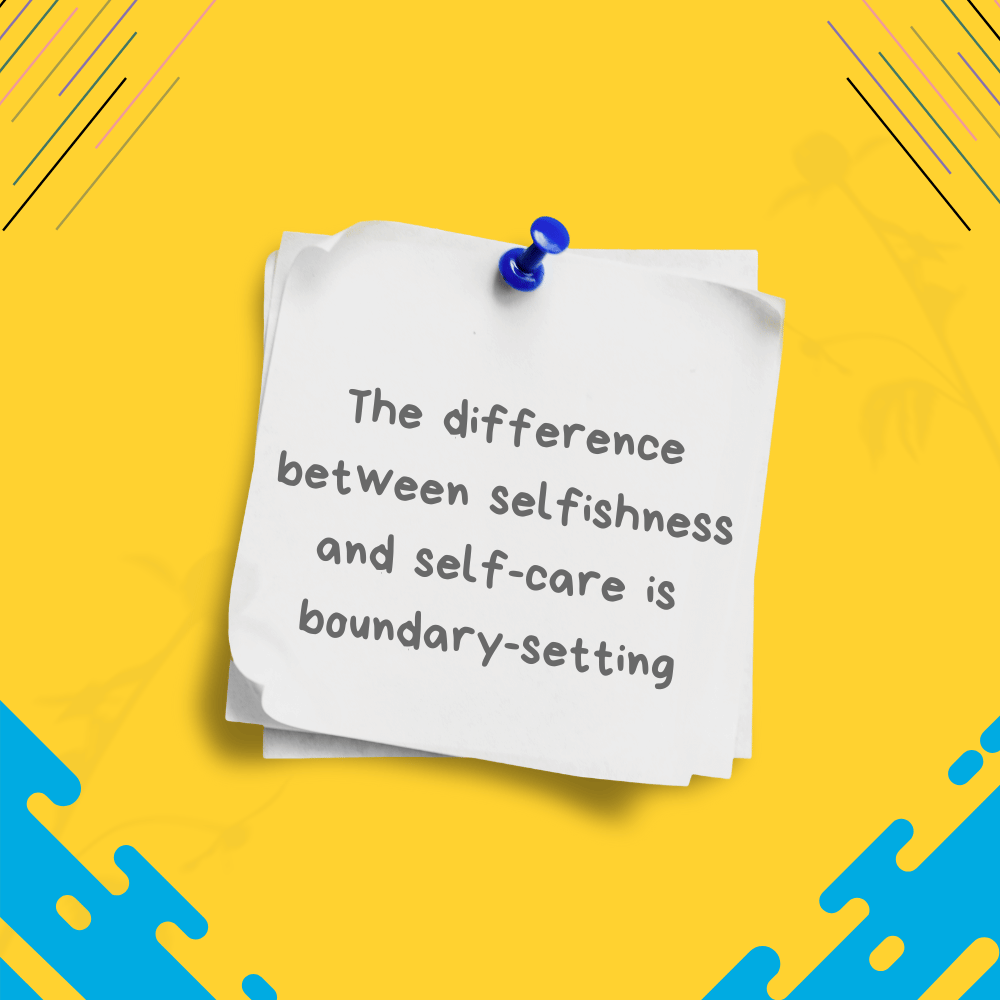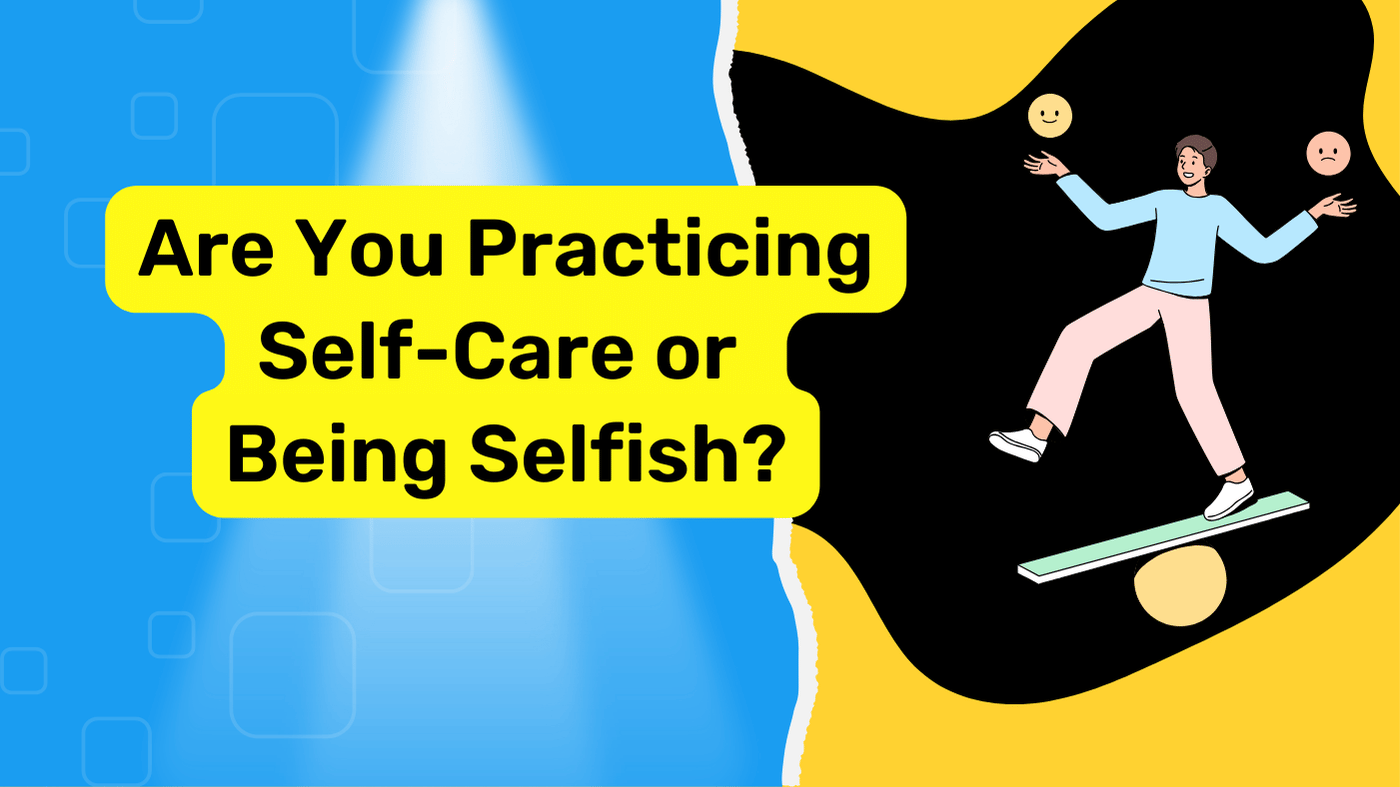We often hear about the importance of self-care. It’s become a buzzword, plastered across social media and self-help books. But lurking in the shadows is its less glamorous cousin: selfishness. Let’s dive into why these two concepts are like distant relatives rather than twins separated at birth.
Selfishness: Looking Out for Number One
Imagine Sarah, a fictional character we all might know in some form. Sarah wakes up every morning thinking only about herself. She cuts in line at the coffee shop, takes the last piece of cake at a party without asking if anyone else wants it, and never offers to help her colleagues at work. Sarah embodies selfishness.
Selfishness, simply put, is prioritizing your own needs, wants, and desires above others without regard for their well-being. It’s like filling your plate at a buffet while everyone else watches hungrily. Sure, you get what you want, but it leaves a bitter taste in everyone else’s mouth.
Self-Care: Nurturing the Garden of You
Now, meet David. David is Sarah’s neighbor, but they couldn’t be more different. David spends his evenings watering his plants, goes for a jog every morning to stay healthy, and takes time off work when he feels overwhelmed. David practices self-care.

Self-care involves taking deliberate actions to preserve or improve your own health, well-being, and happiness. It’s like tending to a garden—you prune the weeds, water the flowers, and make sure everything gets enough sunlight. Self-care isn’t just about bubble baths and spa days; it’s about making choices that support your long-term happiness and mental health.
Spotting the Difference: Sarah vs. David
Let’s break it down even further with a few imaginary scenarios:
- At a Family Dinner: Sarah grabs the biggest piece of pie for herself without considering if others have had a chance to enjoy dessert. David takes a moderate slice and offers to pass the plate around so everyone gets a taste.
Moral: Selfishness grabs for oneself; self-care ensures everyone gets a fair share.
- In a Group Project: Sarah slacks off during group work, letting others do all the heavy lifting, while she takes credit for the final presentation. David contributes actively, offering to help where he can and ensuring the team succeeds together.
Moral: Selfishness seeks personal gain at the expense of others; self-care understands the value of teamwork and mutual benefit.
- During a Stressful Week: Sarah ignores her mounting stress, snapping at friends and family when they try to offer support. David recognizes his stress levels and takes an evening to relax, knowing he’ll be more present and helpful to others afterward.
Moral: Selfishness neglects personal well-being, leading to strain on relationships; self-care ensures you’re in a better place to support others.
Why It Matters
Understanding the distinction between selfishness and self-care is crucial for our own well-being and for the health of our relationships. Selfishness can breed resentment and isolation, while self-care fosters resilience and empathy. It’s like choosing between a quick sugar rush and a nutritious meal—you might feel good in the short term with selfish acts, but self-care provides sustainable nourishment for the soul.
In a world that often encourages us to put ourselves first at any cost, practicing genuine self-care reminds us that our well-being is intricately connected to the well-being of those around us. It’s not about being selfish; it’s about being self-aware and responsible.
ALSO READ: Qualities that are often misunderstood

